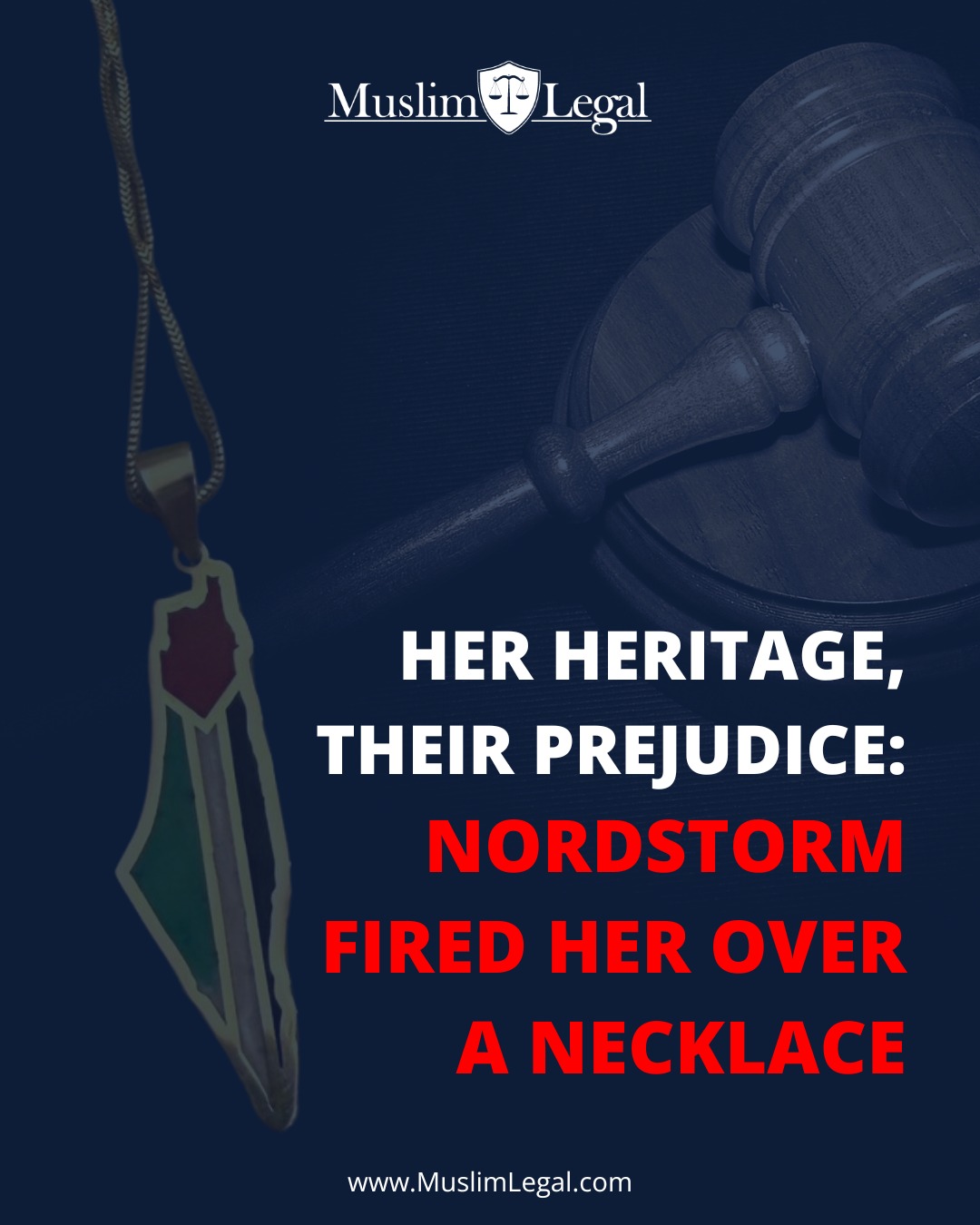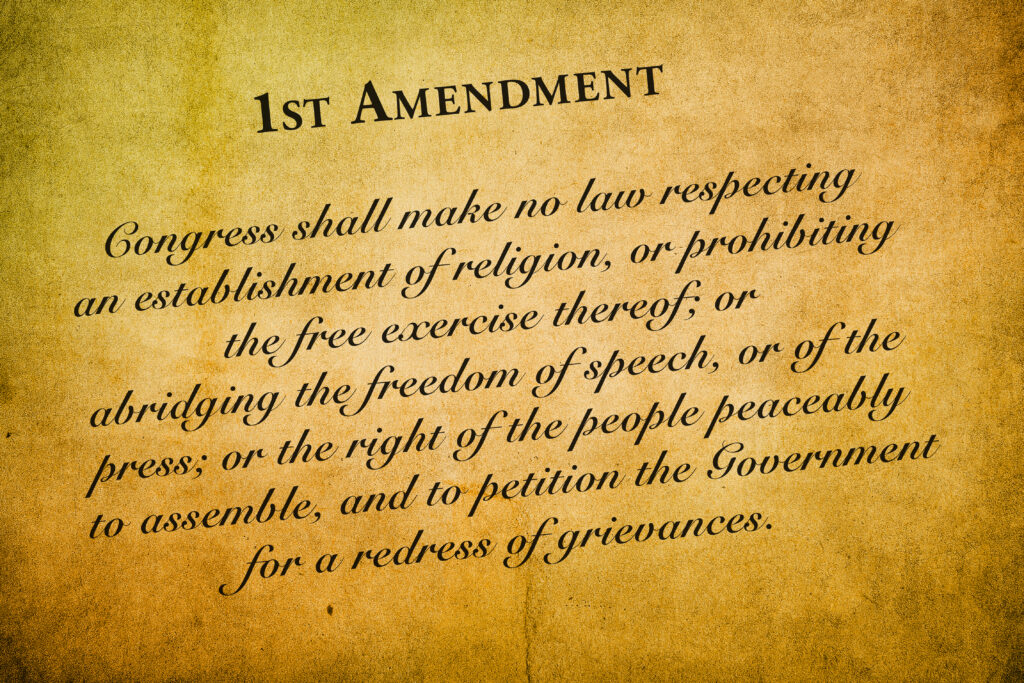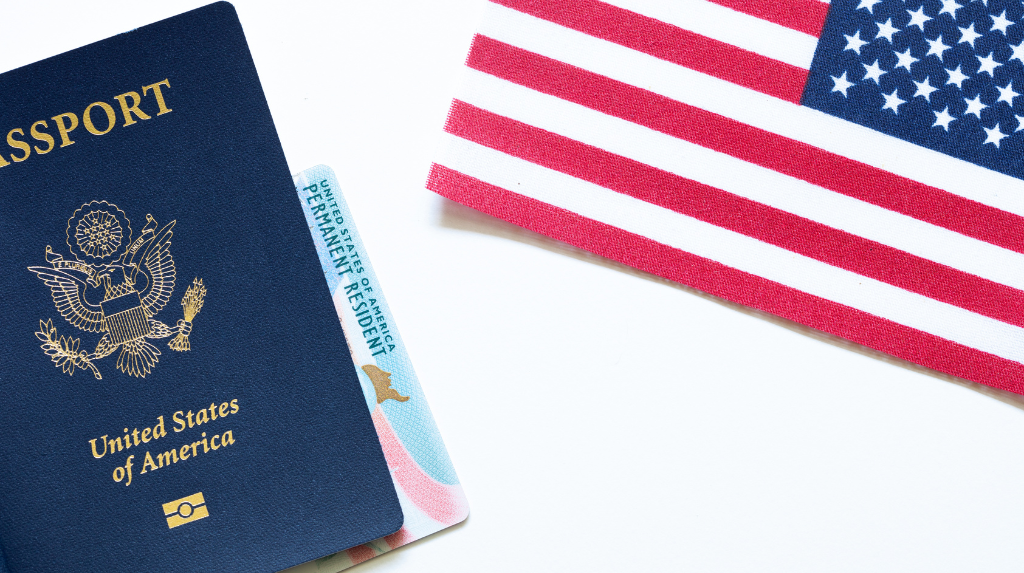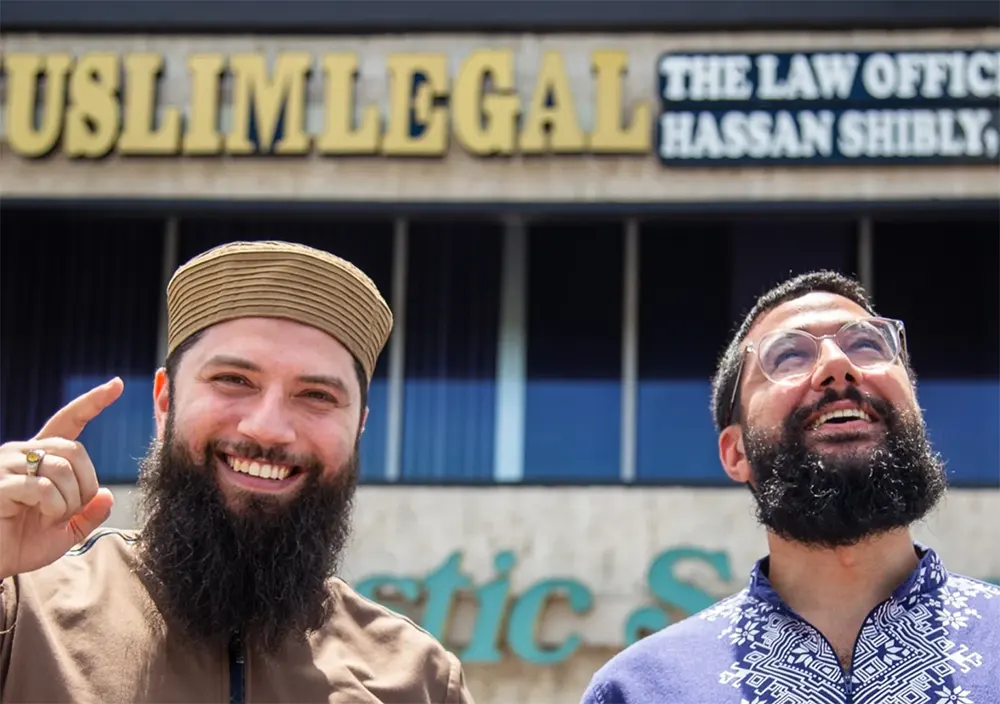A visa is an endorsement placed inside a passport that affirms that you have obtained permission to travel to a specific country. So, unless you are in a country that enjoys visa-waiver status with the USA, you must apply for a visa at an embassy or consular office closest to you. United States Visa Categories United States law provides for two broad types of visas, namely immigrant and non-immigrant visas. Immigrant visas are issued to people who qualify for permanent residence or a Green Card that allows them to live and work in the USA for an indefinite period. Non-immigrant visas are issued for short-term stays and have several categories. The category of visa you may apply for depends on your: Note that there may be a special visa regime for citizens of your country. So, you must check for that first. For example, citizens from countries on the US Visa Waiver Program do not have to obtain a visa before traveling to the US. Recently, Qatar became only the second Muslim-majority country after Brunei to be granted visa-free status. Note, however, that these visas are for people traveling to the USA for stays not longer than 90 days. Here are a few common nonimmigrant visas you can apply for under US immigration law: What are the Requirements for Getting a US Visa? Immigrant visas This type of immigrant visa allows holders to live and work in the United States indefinitely. They are available to people with close family members who are citizens of the USA. This means your relative who is a US citizen sponsors your visa application. So, American citizens can sponsor their spouses, unmarried children who are under 21 years of age, or parents for permanent resident visas. There are different types of visas available to these different classes of immigrants. For example, an IR1 or CR1 visa is issued to spouses, while children are issued an IR2 visa. A limited number of what are called family preference visas are also issued every year. These are available for relatives of US citizens who do not qualify for standard family-based immigrant visas. These are: Each year the US government grants 55,000 immigrant visas to citizens of countries with historically low migration rates to the USA. Other than a high school diploma, the diversity visa program has no special qualification requirements. Find out if you are from a qualifying country here. Nonimmigrant visas There are different types of nonimmigrant visas available to those who qualify. These visas are awarded for short-term stays, which could be for: These nonimmigrant visas have different requirements. For example, to obtain an I-visa reserved for journalists, you must show that you are a member of a foreign news organization traveling to the USA to engage in qualifying activities and for a media organization domiciled in a foreign country. You must be accredited by a professional organization or government agency in your country. To obtain a religious worker or R-1 visa, you must, among other requirements, be a member of a religious denomination recognized as a bona fide nonprofit religious organization in the USA. You must also have been a member of your denomination for the two years immediately preceding your application for religious worker status. How to start applying for a US visa The US government has made strides to curb religious, cultural, and all other forms of discrimination in its immigration processes. So, no matter your race and whether you are a Muslim, Christian, or Hindu, the system gives you an equal opportunity to obtain a visa. Step 1. Know your visa type There are different types of immigrant and nonimmigrant visas, all of which have their own set of requirements. So, before applying, you must know what type of visas are available to you and whether you qualify. The best way to know what type of visa you should apply for is to understand the reason for your trip. You should answer these questions first: If you want to work while you are in the US, you should obtain a visa that allows you those privileges. You should also know what specific type of work you qualify for. Is it seasonal agricultural work or religious work? If it’s seasonal agricultural work, you may also need to check if you are from a country that qualifies for such a visa. If you intend to work in the USA for an extended period, you may need to look into other types of work visas. So, the purpose of your trip and the duration of your stay determine what visa you should apply for. Step 2. Complete your application Once you know what visa you are applying for, it’s time to lodge your application. You should complete a Nonimmigrant Visa Electronic Application (DS-160) form. This means you must complete this electronic form before presenting yourself at the embassy or consular office for a visa interview. The information you fill in on the DS-160 form must be accurate and truthful, otherwise you will be disqualified. Also know that, once you submit the form, you can’t make any changes to it. So, you must take your time and exercise caution when completing the electronic application. At this stage, you are probably asking, how much does it cost to apply for a US visa? Step 3. Pay your visa fee Visa applicants must pay a processing fee. That payment allows you to book an appointment with an immigration officer. Check the fees for the different types of visas here. When you pay your fee, the system lets you create a profile that it will associate with your receipt. It is through that profile that you schedule your appointment for a visa interview. Step 4. Make an appointment for your visa interview To schedule a visa interview, you must log into the profile you created in the previous step. You must locate the button to schedule an appointment on your dashboard. You will need the following information to… Continue reading How to Apply for a U.S. visa From a Muslim-Majority Country







